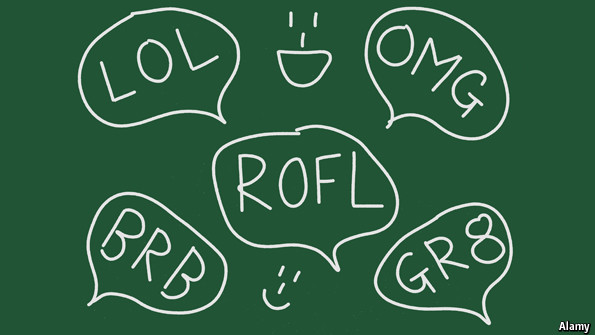Question 1:
Even though 44 percent of African
Americans and Latinos own a smartphone while only 30 percent of white,
non-Hispanics do, many people contend that this isn’t really closing the great
digital divide because African Americans and Latinos use their smartphones more
for entertainment then empowerment. Build an argument to support the previous
statement.
Although the facts given that 44 percent of African Americans and Latinos own a smartphone while only 30 percent of white, non-Hispanics do, the statistical figure shown that it is very close. However when comes to using a smart phone, the smartphone function is only use for entertainment , it shows that no smartphone involvement in terms of access, use of knowledge of information and communication technologies. Hence, it is true that it does not closing the great digital divide.
Question 2:
When accessing the Internet, what
can you do on a desktop or laptop computer that you can’t do on a smart phone?
If smartphone have fever Internet capabilities (than desktop and laptop
computers), can you necessarily link an increase in smartphone ownership within
a U.S. based economically disadvantaged group of people to closing the great
digital divide? Why or why not?
A
desktop or laptop can access all the contents in the web with complicated
interface whereas a smartphone can only access to a limited websites depending
on the smartphone performance. The Web master need to design another simpler
interface for smartphone users to access their weebsites.
To
certain extend, increasing in smartphone ownership within a U.S. based
economically disadvantaged group of people will link to closing the great
digital divide. This is because by having a smartphone, the people can easily
access to the internet and will be able to obtain necessary information and
hence closing the digital divide. Although smartphone has its limited
functions compare to desktop and laptop, it will definitely help in closing the
digital divide.
Question 3:
How does an
increase in smartphone ownership in a third-world geographic region like Africa
close the digital divide for countries in that region? If you owned a U.S. business
and wanted to start doing business in Africa, what would be essential part of
your marketing strategy?
The increase in smartphone ownership in a third-world
geographic region like Africa will close the digital divide for countries in
that region by having access to the latest information and technology through
access to the internet.
If I owned a U.S.
business and wanted to start doing business in Africa,
i will advertise my business and products through the internet especially
through social media which involved smartphone users. My marketing strategy
will be focus on advertising using internet and social media which the cost
involved will be lower compared to conventional advertising cost.
Question 4:
If you look
at smartphone ownership by household income, you’ll notice a fairly sizable dip
for the category of $ 50,000.00 - $ 75,000. To what do you attribute this?
Justify your answer?
Based
on the household income category $50,000.00 and $75,000.00, this involved
family who has a stably income and the age of category are close to those who
just started to have their kids and children. This will directly tell us that
the income will be spend more for their children education, maintenance,
health, medical or buying a house or property and other investment purposes.
Therefore , the smartphone owner of this category will slightly lower compare
to other categories.
Question 5:
Finally,
will greater access to the internet cause a closing of the great digital divide?
You can answer Yes, No or same. Whatever the case, build an argument for your
answer.
Yes. greater access to the internet will cause a closing of
the great digital divide. As discussed above, a greater access to the internet
will give a chances for the users access to the information and technology and
hence reduce the inequality in terms of access to the necessary key information.






